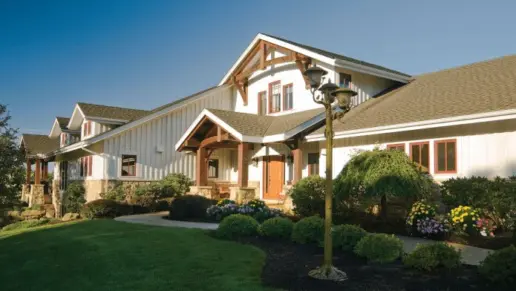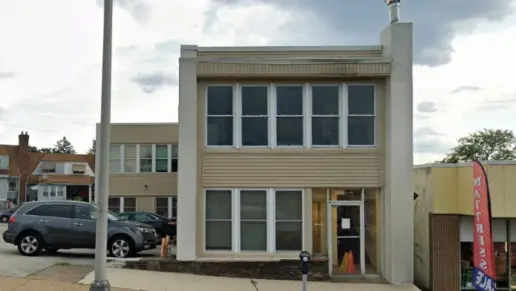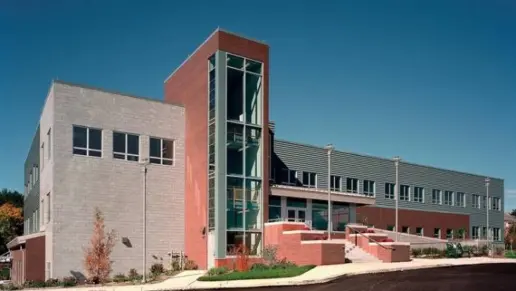About Gaudenzia Crossroads
Gaudenzia has several locations in Erie, Pennsylvania. The one on West 5th Street is known as Crossroads and has medical detox and residential treatment that can address co-occurring mental health and substance use issues. Payment is easy because they accept Medicaid, some private insurance, and county funding.
Withdrawal can be really intimidating and some people don’t seek treatment because they’re afraid of the process. The good news is that this clinic makes detox easier with FDA approved medication and 24 hour access to medical staff. That way you can start treatment substance free and create a life you’re excited about.
Residential treatment lets you focus entirely on recovery without worrying about daily responsibilities. At Crossroads, you get individual and group counseling, connections to a large network of resources and community support, and access to affordable housing options after you graduate. They have specialty treatment programs for those experiencing homelessness, pregnant and parenting women, and those involved in the justice system, but the programs might not be available at Crossroads specifically.
Gaudenzia’s programs are gender responsive, culturally informed, and trauma informed. They can help you get the care you need to break free from substance use.
Latest Reviews
Rehab Score
Gallery
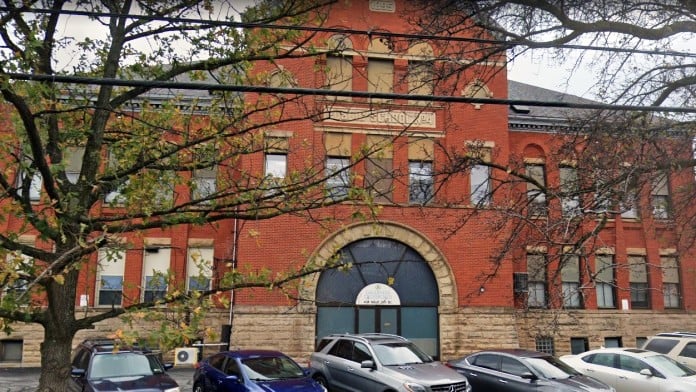
Location
Accepted Insurance
Other Forms of Payment
Medicaid is a state based program that helps lower-income individuals and families pay for healthcare. Medicaid covers addiction treatment so those enrolled can use their coverage to pay for rehab. When a program accepts Medicaid the client often pays very little or nothing out of their own pocket.
Private insurance refers to any kind of healthcare coverage that isn't from the state or federal government. This includes individual and family plans offered by an employer or purchased from the Insurance Marketplace. Every plan will have different requirements and out of pocket costs so be sure to get the full details before you start treatment.
Financial aid can take many forms. Centers may have grants or scholarships available to clients who meet eligibility requirements. Programs that receive SAMHSA grants may have financial aid available for those who need treatment as well. Grants and scholarships can help you pai for treatment without having to repay.
Self-pay involves paying for treatment out of your own pocket. You can use savings or credit, get a personal loan, or receive help from family and friends to fund your treatment. If you don't have insurance or your insurance plan doesn't cover a specific program, self-pay can help ensure you still get the care you need.
Addiction Treatments
Levels of Care
Treatments
The goal of treatment for alcoholism is abstinence. Those with poor social support, poor motivation, or psychiatric disorders tend to relapse within a few years of treatment. For these people, success is measured by longer periods of abstinence, reduced use of alcohol, better health, and improved social functioning. Recovery and Maintenance are usually based on 12 step programs and AA meetings.
Drug rehab in Pennsylvania is devoted to the treatment of addiction. Levels of care, treatment methods, and settings differ, but the aim of each program is to end drug dependency and empower participants to achieve long-term recovery.
Gaudenzia provides a residential treatment facility for this region's residents who are diagnosed with mental illness as well as a chemical dependency addiction. Residential care is available to men and women in their 414 West 5th Street facility. This includes shelter, support for recovery from addiction, and services to stabilize the symptoms of chronic mental illness. This program is accessible to any adult who has been diagnosed with mental illness, and is chemically dependent.
A combined mental health and substance abuse rehab has the staff and resources available to handle individuals with both mental health and substance abuse issues. It can be challenging to determine where a specific symptom stems from (a mental health issue or an issue related to substance abuse), so mental health and substance abuse professionals are helpful in detangling symptoms and keeping treatment on track.
Opioid rehabs specialize in supporting those recovering from opioid addiction. They treat those suffering from addiction to illegal opioids like heroin, as well as prescription drugs like oxycodone. These centers typically combine both physical as well as mental and emotional support to help stop addiction. Physical support often includes medical detox and subsequent medical support (including medication), and mental support includes in-depth therapy to address the underlying causes of addiction.
Clinical Services
Group therapy is any therapeutic work that happens in a group (not one-on-one). There are a number of different group therapy modalities, including support groups, experiential therapy, psycho-education, and more. Group therapy involves treatment as well as processing interaction between group members.
In individual therapy, a patient meets one-on-one with a trained psychologist or counselor. Therapy is a pivotal part of effective substance abuse treatment, as it often covers root causes of addiction, including challenges faced by the patient in their social, family, and work/school life.
Amenities
-
Residential Setting
-
Private Setting
Staff & Accreditations
Staff
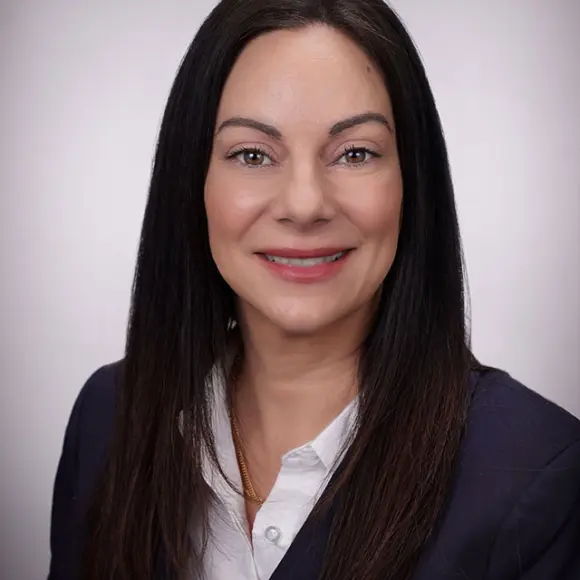
President & CEO
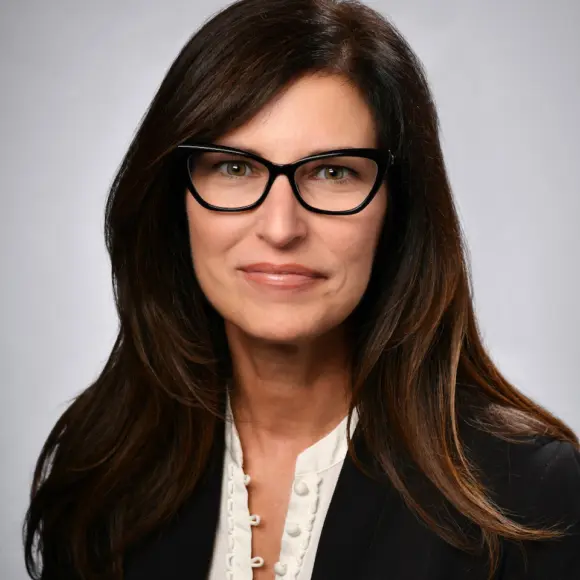
COO
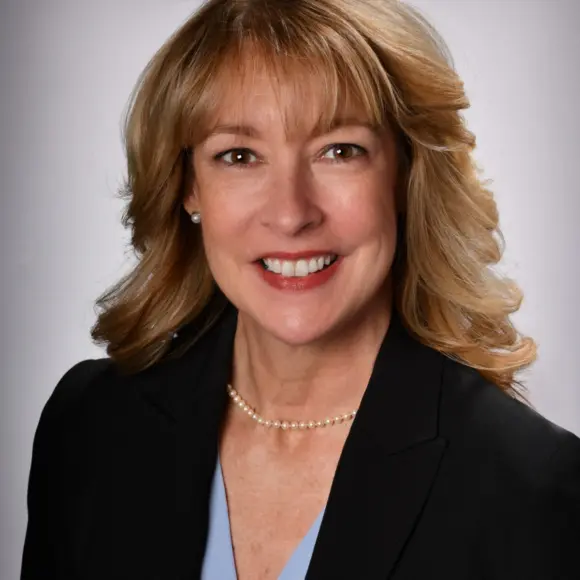
CFO
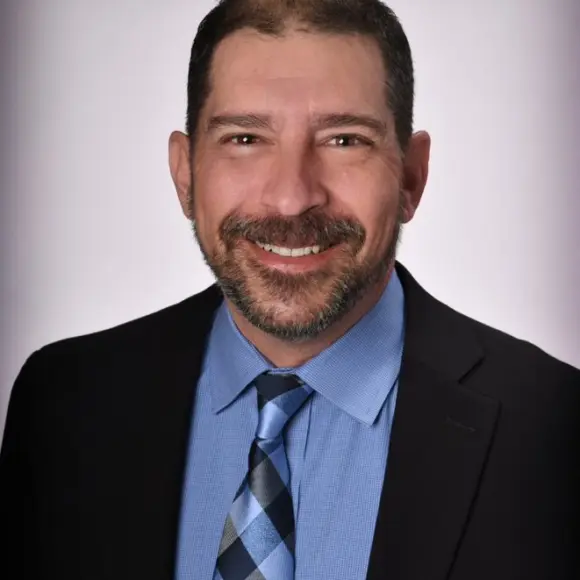
CIO
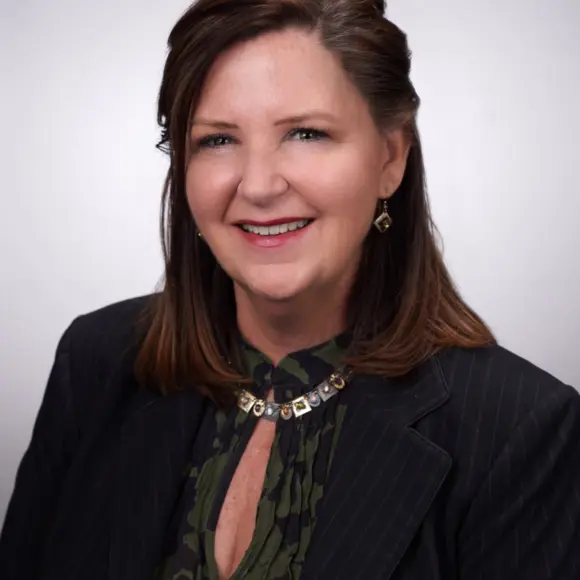
Chief Philanthropy Officer

Chief Clinical Officer
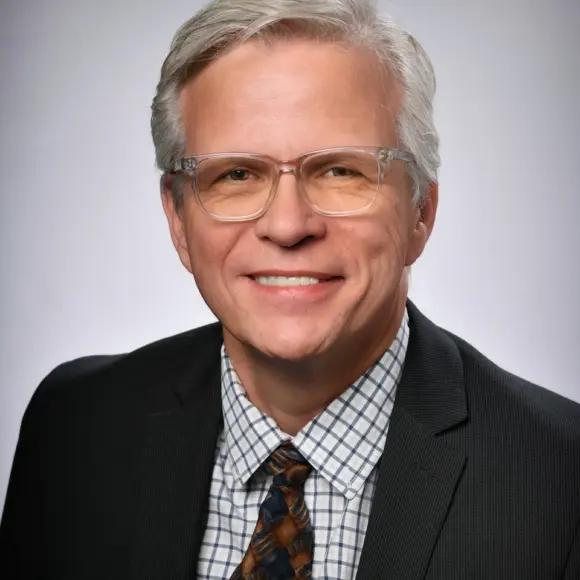
Chief Real Estate Executive
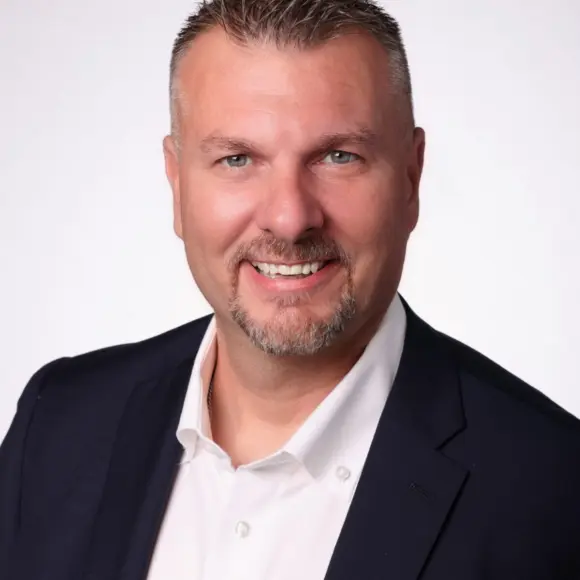
Chief Growth Officer
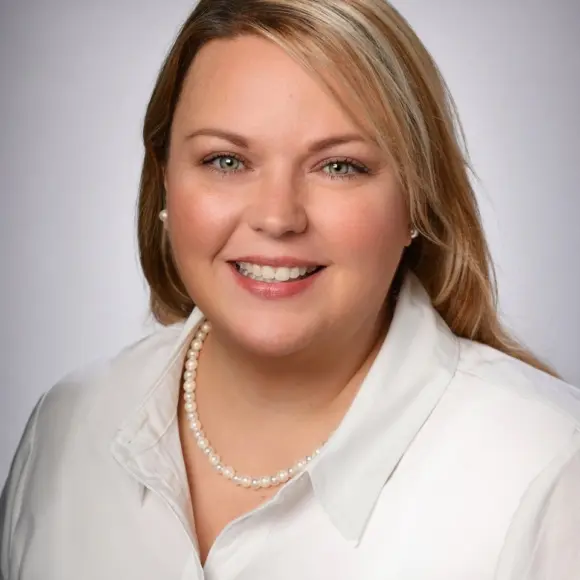
Executive Director for Chesapeake Region, Delaware & Washington, D.C.
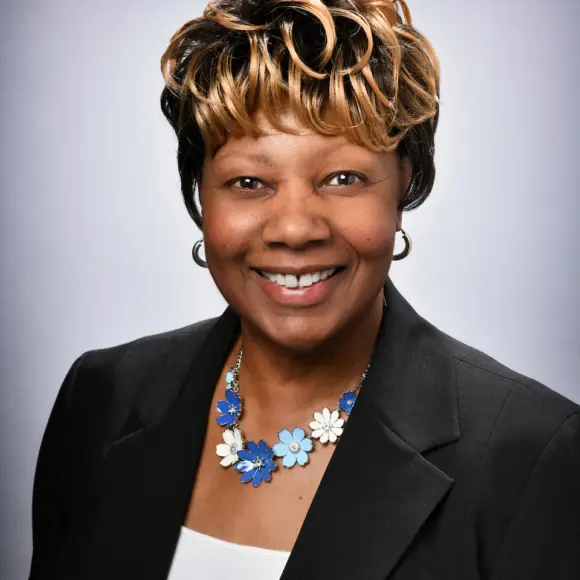
Executive Director of Pennsylvania Region
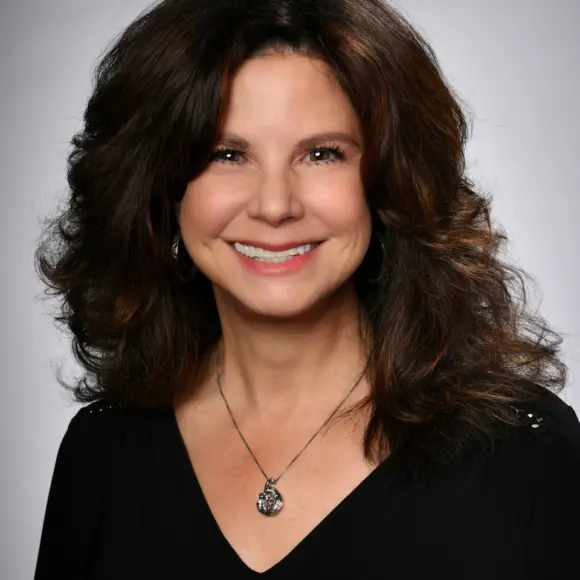
Director of Government Affairs
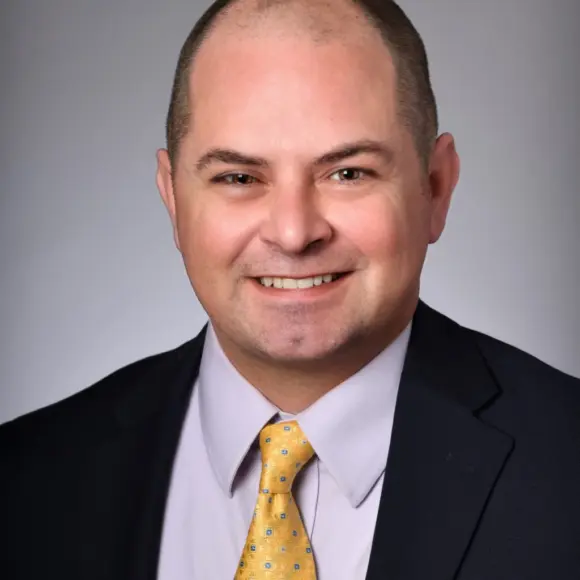
Corporate Medical Director
Accreditations

The Commission on Accreditation of Rehabilitation Facilities (CARF) is a non-profit organization that specifically accredits rehab organizations. Founded in 1966, CARF's, mission is to help service providers like rehab facilities maintain high standards of care.
CARF Accreditation: Yes

The National Association of Addiction Treatment Providers (NAATP) is a professional association that represents organizations in the field of addiction services. Founded in 1978, NAATP's mission is to advance addiction services and ensure that high-quality addiction treatment is available and accessible.
NAATP Member: Yes
Contact Information
414 West 5th Street
Erie, PA 16507





